EnergyAustralia has strengthened it plans to transition out of coal, announcing it is considering installing a grid-scale 500 MW battery energy storage system (BESS) at its Mt Piper coal-powered station near Lithgow in central western New South Wales (NSW).
EnergyAustralia said the battery, which could be operational by the end of 2026, could power more than 200,000 homes for up to four hours during times of high demand.
“This project forms part of our strategy to bring in new forms of dispatchable capacity into the system, to complement increasing renewable generation, and support the future of energy security in NSW as coal generation retires,” the company said.
EnergyAustralia’s head of development Daniel Nugent said the big battery, which is in its initial feasibility stage, could provide significant benefits in the state’s clean energy transition.
“The project would support future energy security in NSW as coal generation retires and more renewables enter the system,” he said. “The BESS would be a welcome addition to the state’s growing list of big clean energy storage projects. If approved, it will also provide an economic boost to the Central West region and help to transform it into a renewable energy hub.”
Nugent said co-locating the battery adjacent to the existing power generation site will allow the company to utilise existing infrastructure and avoid the need to construct new overhead power lines.
EnergyAustralia, which is owned by Hong Kong-based CLP Group, said the project will now undergo further assessments and community consultation as well as seeking approval through the NSW planning process. If approved, the battery could be operational by the end of 2026.
The development will only heighten speculation about the future of the Mt Piper coal-fired power plant which EnergyAustralia has announced will close in 2040 as part of its transition to clean energy and commitment to reach net-zero emissions by 2050.
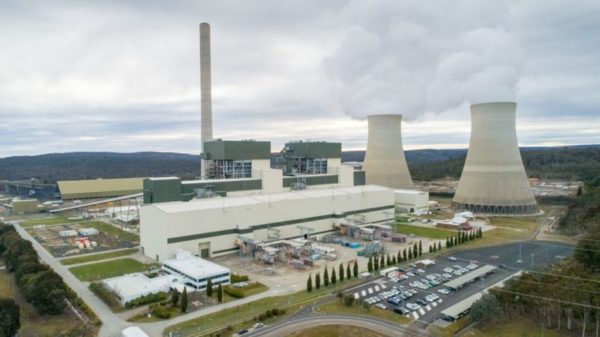
Image: EnergyAustralia
The Mt Piper plant was previously scheduled to close in 2042 but EnergyAustralia last year announced plans to transition out of coal entirely by 2040, noting at the time that the final closure date for the power station was conditional.
“The final closure date for Mt Piper will be dependent on factors such as fuel supply arrangements, alternative dispatchable capacity in place, and decisions of other investors,” the company said at the time.
If the Mt Piper BESS project goes ahead, it would be EnergyAustralia’s largest battery storage project.
EnergyAustralia, which is also investigating the feasibility of developing a pumped hydro energy storage (PHES) facility at Lake Lyell near the Mt Piper site, has also announced plans to install a 350 MW/1.4 GWh battery in Victoria’s Latrobe Valley where its Yallourn coal mine and power station are set to close in 2028.
The gen-tailer has also partnered with renewables developer Edify Energy on two battery storage projects being developed in south-west NSW. Due for completion during the summer of 2023/24, the Darlington Point and Riverina battery energy storage projects are part of an energy storage system with a combined 150 MW/300 MWh of storage capacity spread over three individual but co-located assets.
Under a long-term services agreement, EnergyAustralia will have market control of two of the projects – the Riverina (65MW/130MWh) and Darlington Point (25MW/50MWh), for at least 10 years.
EnergyAustralia already operates two utility-scale battery storage systems in Victoria, a standalone 30 MW/30 MWh big battery located at the Ballarat terminal station and a 25 MW/50 MWh co-located with the Gannawarra Solar Farm battery.
This content is protected by copyright and may not be reused. If you want to cooperate with us and would like to reuse some of our content, please contact: editors@pv-magazine.com.
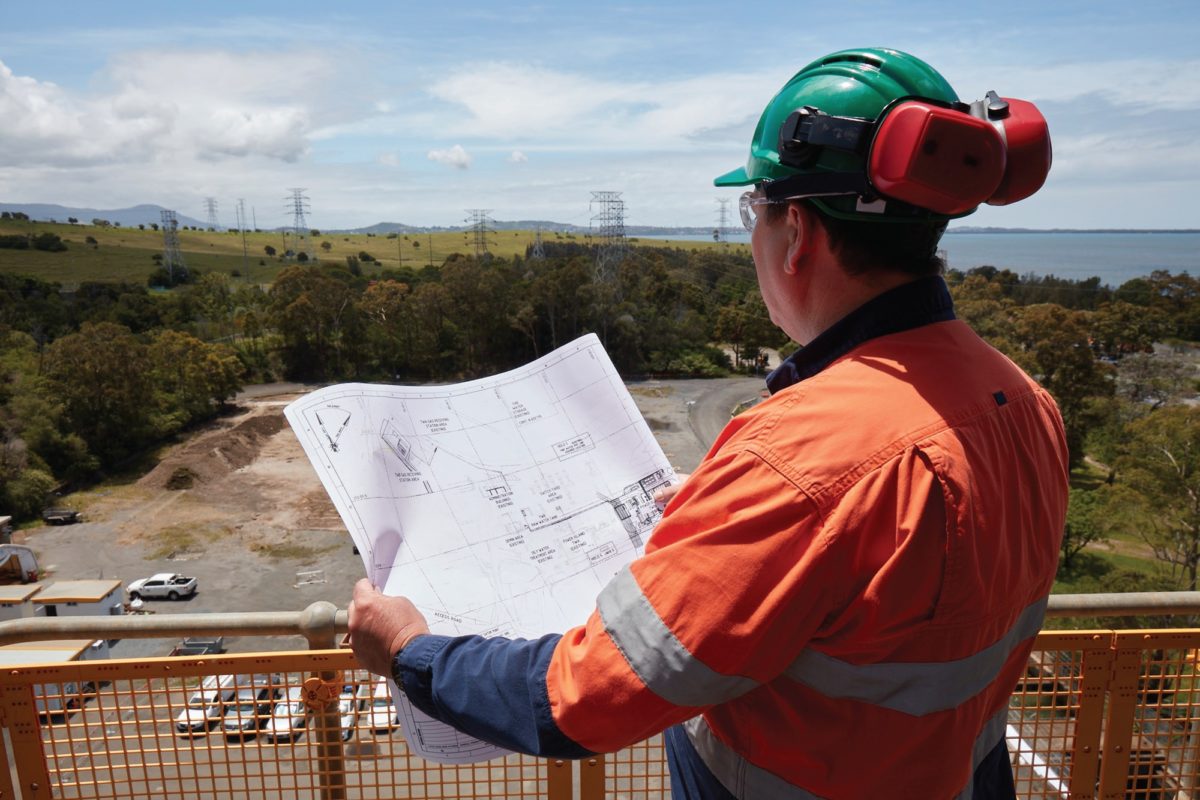


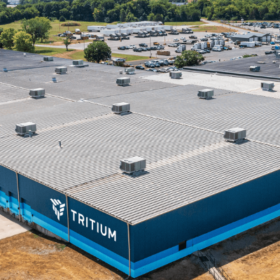
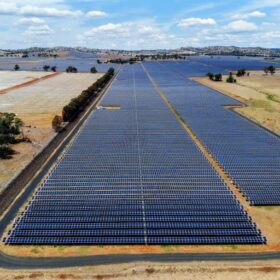
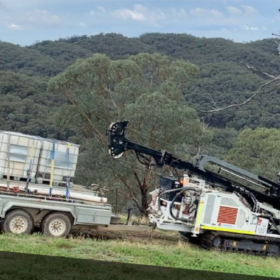
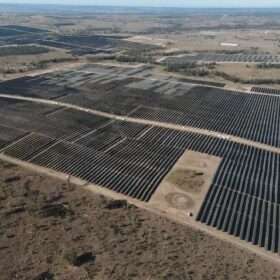
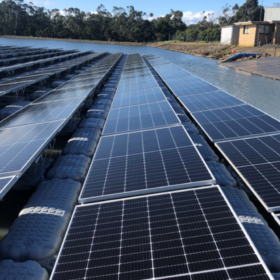
By submitting this form you agree to pv magazine using your data for the purposes of publishing your comment.
Your personal data will only be disclosed or otherwise transmitted to third parties for the purposes of spam filtering or if this is necessary for technical maintenance of the website. Any other transfer to third parties will not take place unless this is justified on the basis of applicable data protection regulations or if pv magazine is legally obliged to do so.
You may revoke this consent at any time with effect for the future, in which case your personal data will be deleted immediately. Otherwise, your data will be deleted if pv magazine has processed your request or the purpose of data storage is fulfilled.
Further information on data privacy can be found in our Data Protection Policy.